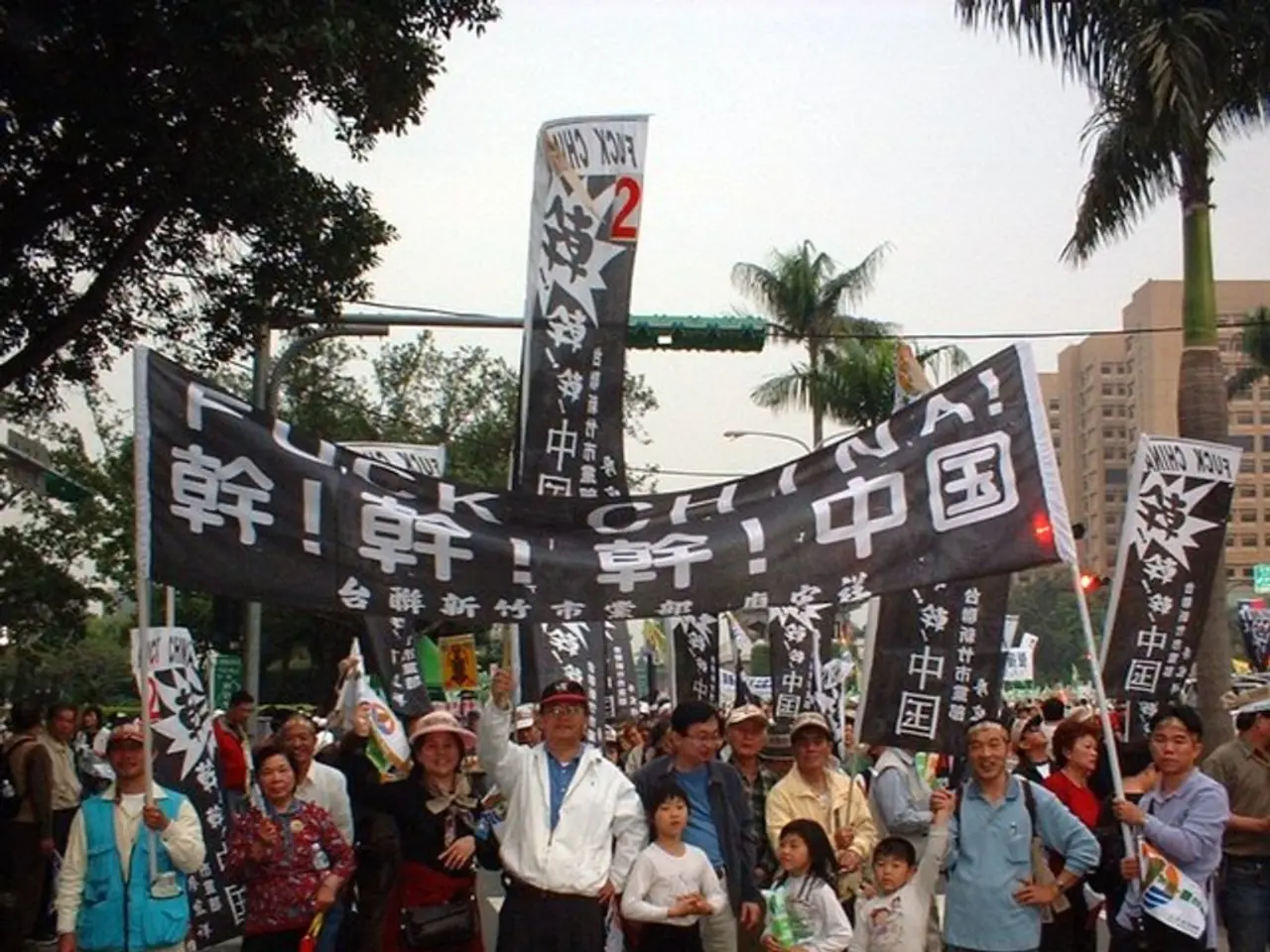Taliban Celebrates Four Years of Regaining Power Amidst Internal Threats, Continues to Face International Condemnation for Women's Repression
Under Taliban rule, women and girls in Afghanistan face one of the world’s harshest regimes of gender-based discrimination and oppression. Since the Taliban’s return to power in August 2021, they have imposed systematic, institutionalized gender-based repression, severely restricting the rights and freedoms of women and girls.
Key aspects of this repression include:
- Complete exclusion from public roles: Women are prohibited from speaking in public, running for political office, or participating visibly in governance or civil society. The Taliban seeks to erase women from public life entirely.
- Freedom of movement heavily restricted: Women must be accompanied by a mahram (male guardian) to move in public. Enforcement has tightened, with businesses and health clinics refusing service to unaccompanied women in many areas.
- Strict dress codes and harsh enforcement: The Taliban mandates full-body coverings, including the chador and face coverings. Women have been arrested and intimidated for dress code violations, with arrests increasing since mid-2025.
- Education bans: Girls are barred from schooling beyond the sixth grade, and women are banned entirely from universities, cutting off access to formal education.
- Employment limitations: Women face severe barriers to working outside the home, which restricts their economic independence and access to services.
- Humanitarian and health access impeded: Restrictions limit women’s access to healthcare and humanitarian aid. Threats and attacks against female aid workers have been reported, further endangering women's well-being.
- Legal and human rights abuses: The Taliban enforces these restrictions through extrajudicial detentions, public executions, corporal punishment, and harassment of human rights defenders. The International Criminal Court has issued arrest warrants charging Taliban leaders with crimes against humanity, including gender persecution.
- Social and cultural repression: Women are excluded from cultural and public life, facing what UN and human rights observers describe as a form of "gender apartheid" designed to confine women indoors and silence their voices.
- Rising risks for Afghan women returnees: Many women forcibly returned from neighboring countries face new threats, including increased impoverishment, early marriage, and threats to safety amid the restrictive Taliban environment.
The Taliban's repression of women and girls has been widely condemned by the United Nations, foreign governments, and human rights groups. The International Criminal Court (ICC) has issued arrest warrants against Haibatullah Akhunzada, the Taliban's leader, and the country's chief justice on charges of committing gender-based persecution against women and girls.
In response to criticism, Akhunzada has issued warnings that Afghans ungrateful for its rule will be severely punished by God. He has also claimed that the Taliban's rule has saved citizens from corruption, oppression, usurpation, drugs, theft, robbery, and plunder. However, the evidence suggests otherwise, as women and girls continue to suffer under Taliban rule.
Recent events have highlighted the ongoing struggle for women's rights in Afghanistan. The activist group United Afghan Women’s Movement for Freedom staged an indoor protest in the northeastern province of Takhar. The ICC judges stated that the Taliban had "severely deprived" girls and women of the rights to education, privacy, family life, and the freedoms of movement, expression, thought, conscience, and religion.
The Taliban's repression of women and girls in Afghanistan is a grave human rights concern that demands urgent attention and action from the international community. The Taliban must be held accountable for its crimes against humanity, and women and girls in Afghanistan must be given the freedom, education, and opportunities they deserve.
- Amidst the Taliban's severe restrictions on women's rights, education for girls beyond the sixth grade and university education for women have been banned, with profound implications for their self-development and future prospects.
- The Taliban's dictates, including their enforcement of a strict dress code, have resulted in breaking news stories of women being arrested and intimidated, signaling a troubling escalation in war-and-conflicts-related violence against this vulnerable demographic.
- Despite the Taliban's claims, the international community, including the UN, foreign governments, and human rights groups, has heavily criticized their politics, accusing them of perpetrating human rights abuses, such as gender persecution, and impeding general-news access to healthcare and humanitarian aid for women.
- Among the key aspects of the Taliban’s war-on-women, female refugees may find solace in the knowledge that this repression transcends geographical borders, with nations and organizations continuing to stand in solidarity with them, advocating for the recognition and prosecution of these crimes-and-injustices in the domain of crime-and-justice.
- In an effort to challenge the Taliban's oppressive regime, human rights defenders have been vocal at the forefront of advocacy, working to help the plight of women and girls by publicizing their struggles and lobbying for international intervention on their behalf, fiercely fighting for education, freedom, and justice in this breach of human rights tragedy.




